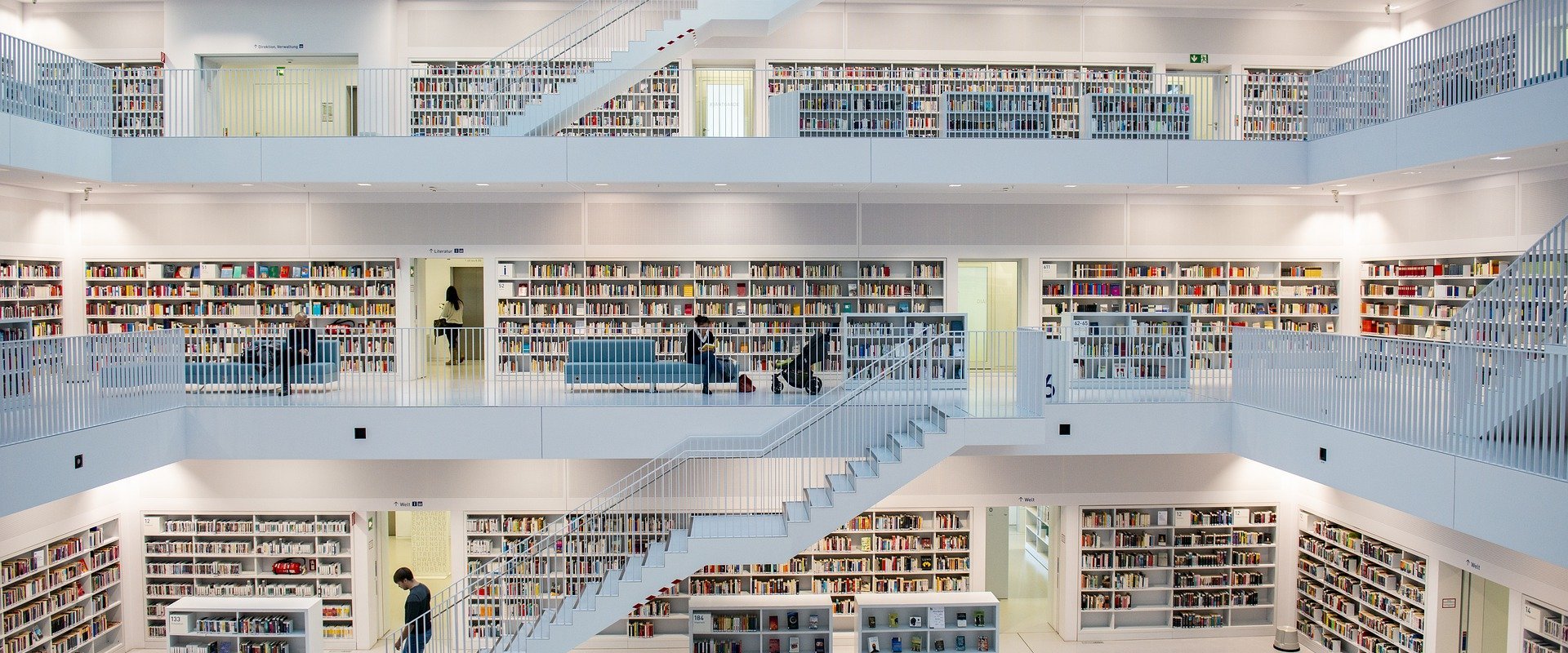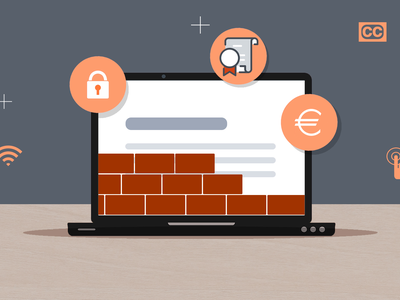Area of knowledge-transfer 5 Intellectual property in academic scholarship: public knowledge?

Programme for the transfer area
Intellectual property in academic environments is not something which is defined in terms of exclusion. Instead, researchers realise and increase their individual capital by making publications of their findings as broadly available as possible, thereby enhancing their reputation or the association of their name with new insights. There is, therefore, only a somewhat fragile association between the interests of scholars and those of the publishing houses that publish their writings for profit. In a digital age, there is a further line of conflict between academic publishers and public academic institutions: publicly funded scientists supply and review publications that are handed over to publishers free of charge before being sold again (although they can be copied almost free of charge) to public research institutions at sometimes considerable expense. The areas of publication fees, licences and the general availability of scientific publications is likewise subject to contestation: universities and libraries see themselves as bearing unjustifiable burdens and increasingly recognise the potential for significant financial savings to be made in this area, scholars increasingly resist both supplying publishers with their research and the publication fees which are sometimes associated with this relationship, whilst large publishing houses insist that they play an indispensable function, and smaller publishers declare that their very existence is increasingly under threat.
It is therefore natural that new forms of knowledge-ownership are also being tested in the broad field of Open Access. What is disputed is which solutions are tenable or can be supported with respect to intellectual property rights. It is not just between research institutions and large publishers that conflicts have arisen; the idea of making as many research outputs freely accessible as possible has also met with resistance from small publishers and with criticism from scholars who believe this might endanger their right to their own texts. This dispute extends outwards into adjustments to copyright law, the practice of academic teaching and the future of the organisation Verwertungsgesellschaft Wort which collects royalties for literary works in Germany. We want to invite stakeholders in this debate to contribute to the search for sustainable ownership arrangements. The subproject TP C05 Reitz/Sevignani serves as partner for this transfer area.
